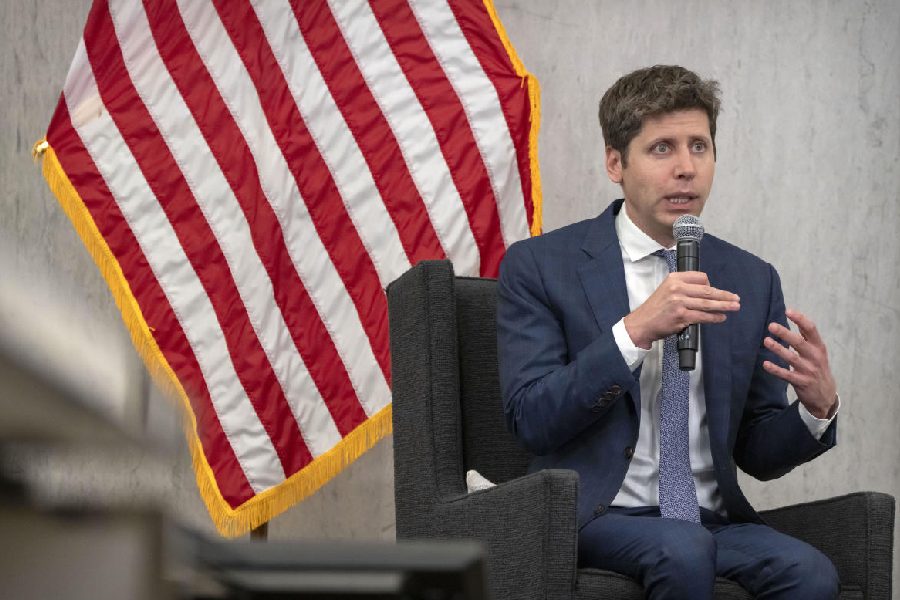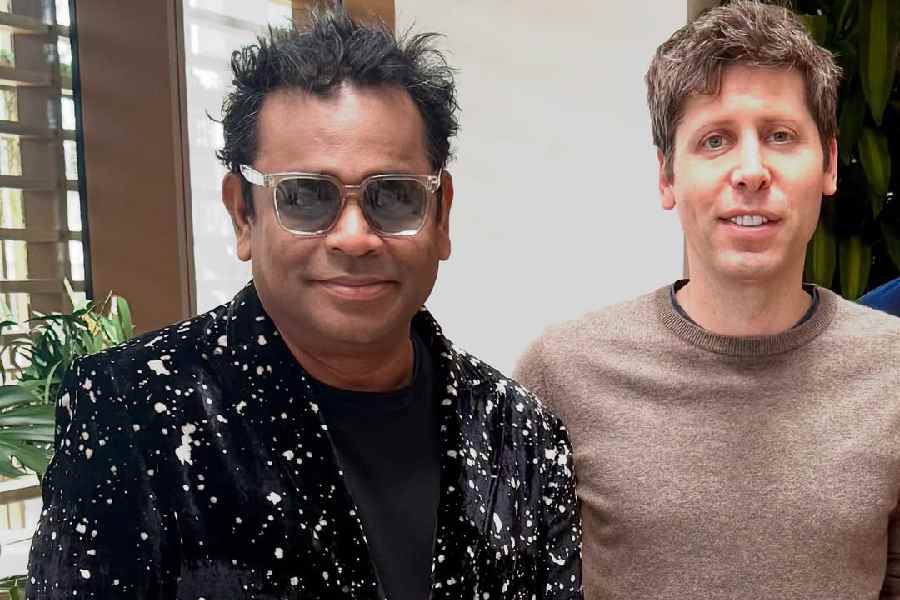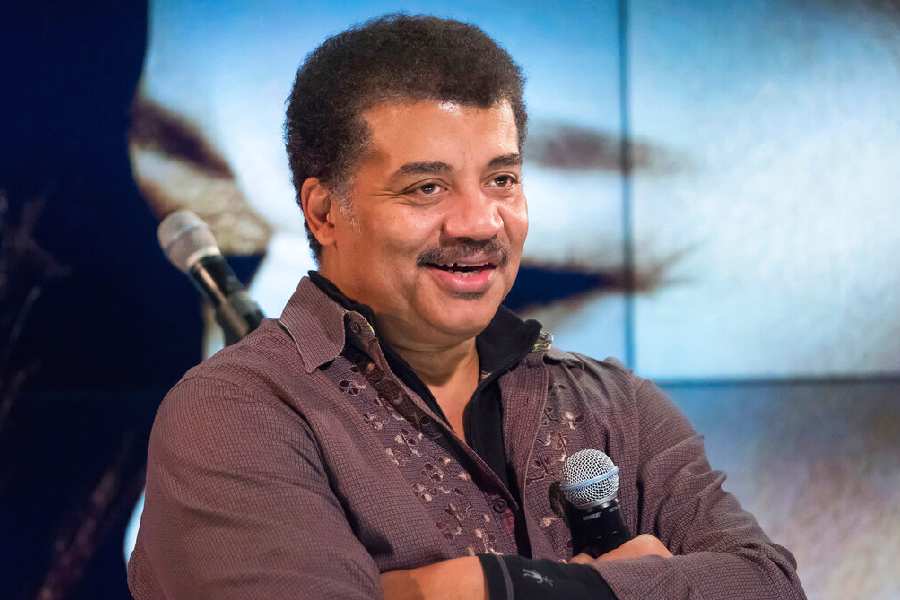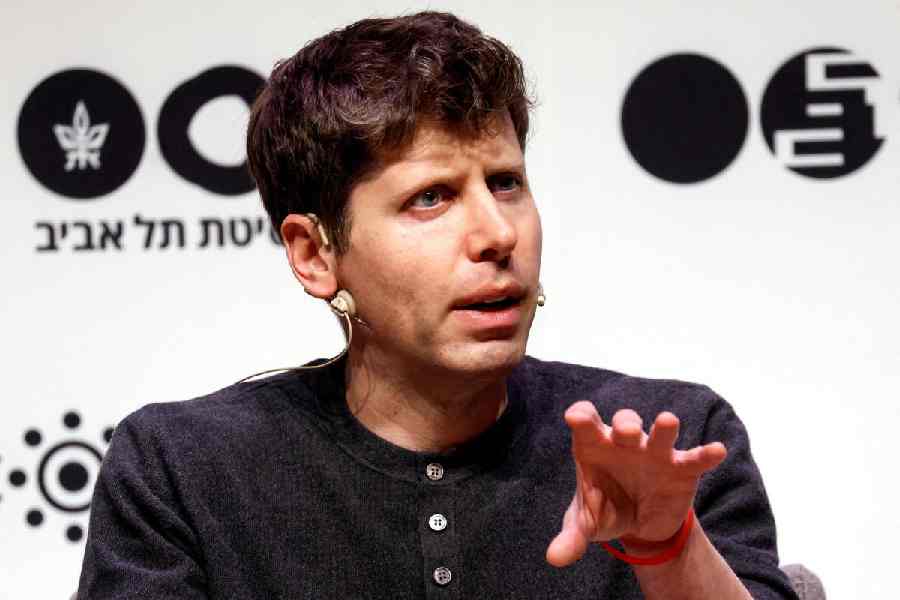OpenAI CEO Sam Altman has issued a stark warning to users of ChatGPT, cautioning that conversations shared with the AI chatbot are not legally protected and could potentially be retrieved for legal or security reasons, even after being deleted.
Speaking on the “This Past Weekend” podcast with comedian Theo Von, Altman said an increasing number of people, particularly younger users, are turning to ChatGPT for emotional and life advice, treating the tool as a therapist or life coach.
However, he pointed out that unlike conversations with licensed professionals, chats with AI do not enjoy legal privileges.
"People talk about the most personal stuff in their lives to ChatGPT. People use it — young people especially — as a therapist, a life coach; having these relationship problems and asking, 'What should I do?'" Altman said during the podcast.
He highlighted the difference between AI tools and professional human services, noting that conversations with doctors, therapists, and lawyers are protected by doctor-patient confidentiality, legal privilege, and similar legal safeguards, which are not yet extended to AI tools.
"Right now, if you talk to a therapist or a lawyer or a doctor about those problems, there's legal privilege for it. There's doctor-patient confidentiality, there's legal confidentiality, whatever. And we haven't figured that out yet for when you talk to ChatGPT," Altman admitted.
He added that the issue has become significant in recent months due to the rising use of AI tools in deeply personal contexts. "No one had to think about that even a year ago, and now I think it's this huge issue of like, 'How are we gonna treat the laws around this?'" he said.
Concerns over future of education
Altman also shared broader concerns about the future of education and mental health in the AI era. Reflecting on his own family, he said he does not believe his son will attend college, predicting that artificial intelligence will transform traditional learning models over the next two decades.
"I already think college is maybe not working great for most people, but I think if you fast-forward 18 years, it's going to look like a very, very different thing," Altman said.
He believes AI will always be smarter than humans, which could make traditional educational goals centered around intellectual achievement less relevant. When asked if his child would go to college, he said, "Probably not."
"I actually think the kids will be fine; I'm worried about the parents," Altman said. "If you look at the history of the world, when there's a new technology, people who grow up with it are always fluent. They always figure out what to do. They always learn new kinds of jobs. But if you are like a 50-year-old and you have to kind of learn how to do things in a very different way, that doesn't always work."
Altman also compared AI’s impact on education to the introduction of calculators, which transformed how mathematics was taught. "I'm sure the same thing happened with the calculator before, and now this is just a new tool that exists in the tool chain," he noted.
He stressed that future education must focus on uniquely human traits such as innovative thinking, emotional intelligence, ethical decision-making, and the ability to collaborate with AI systems.
"In the same way, people from the time of the Industrial Revolution might have viewed modern humans as leading a relatively easy existence, looking forward 100 years from now, we may well think the same thing," Altman said.




